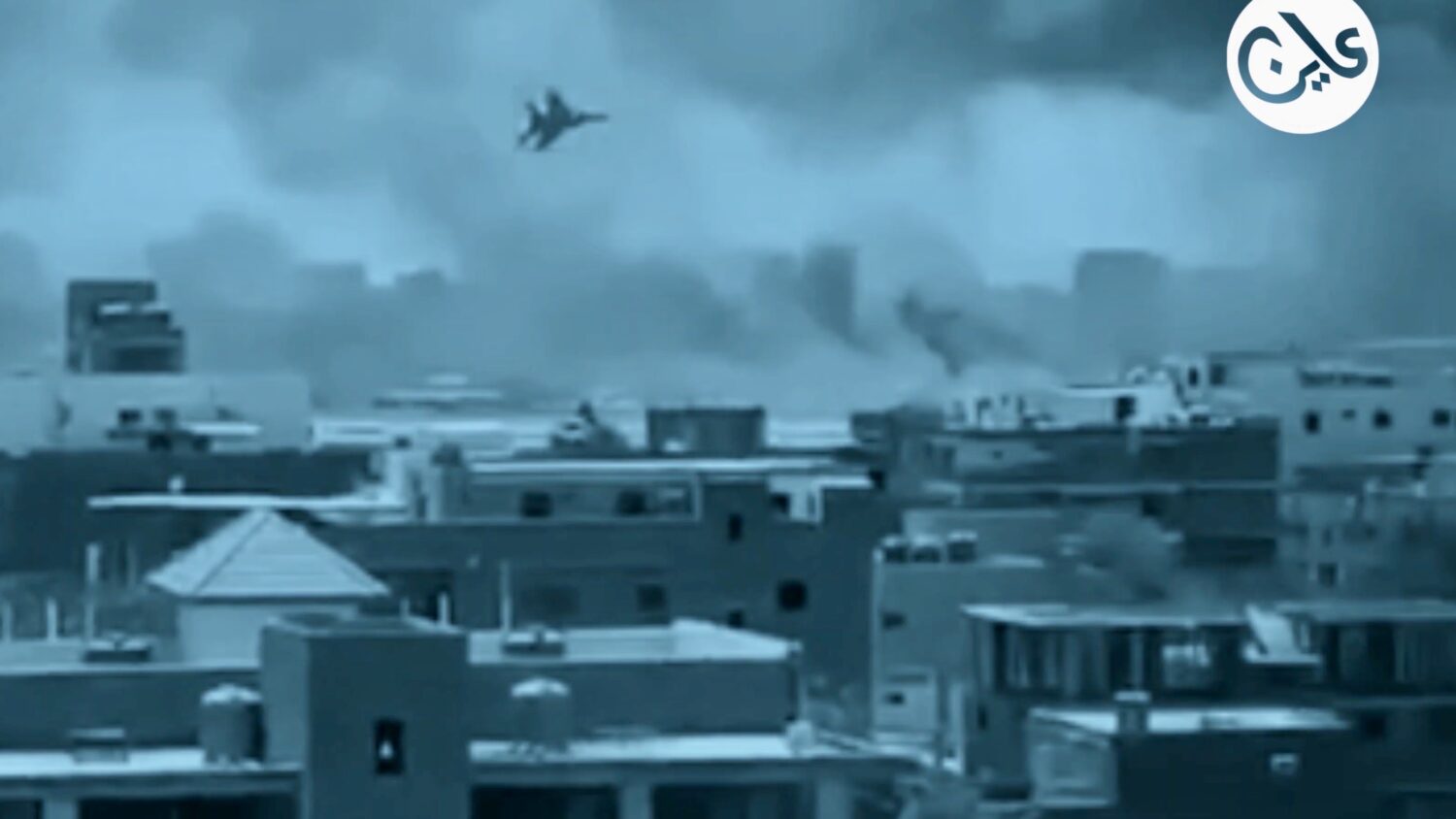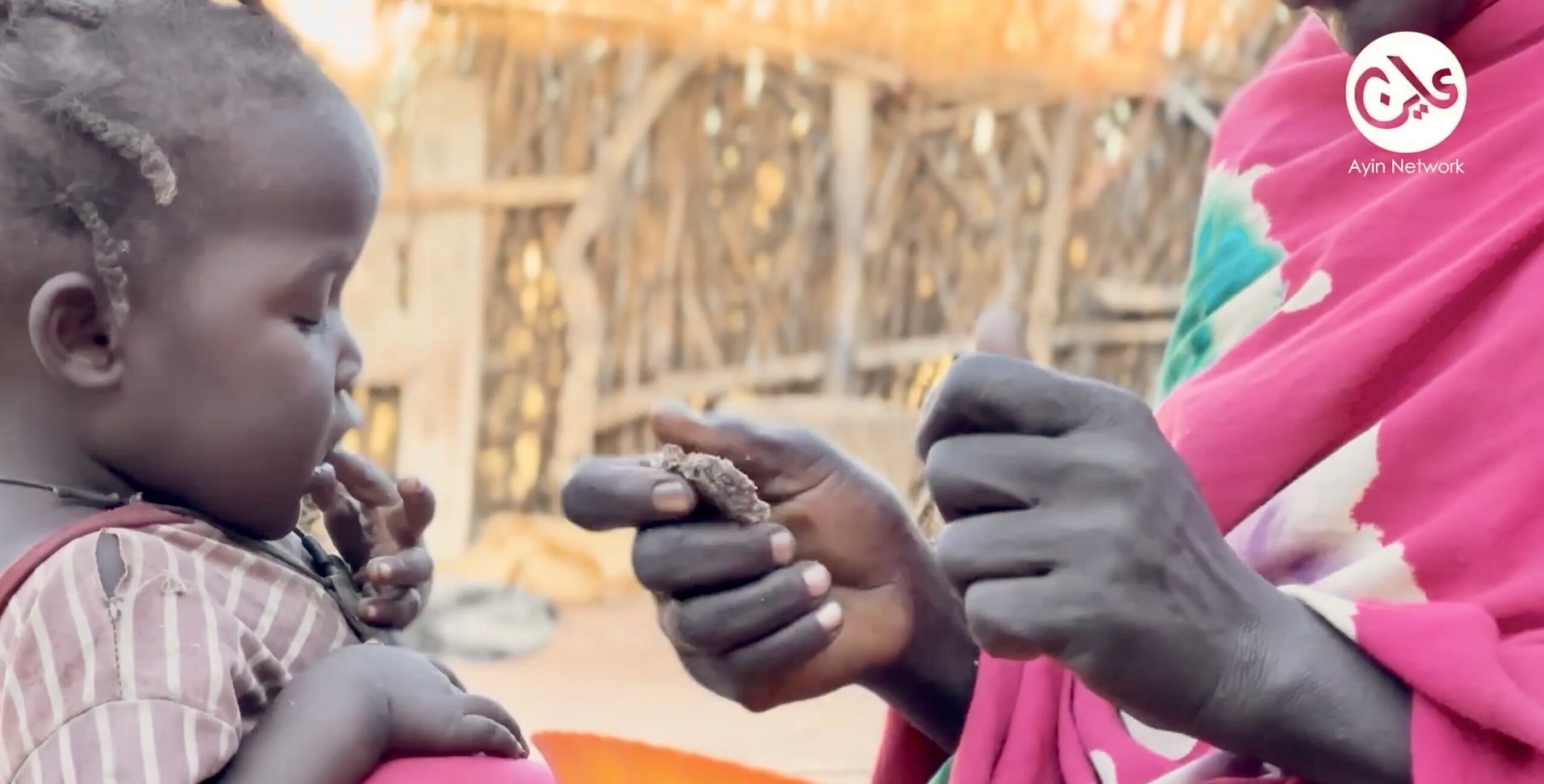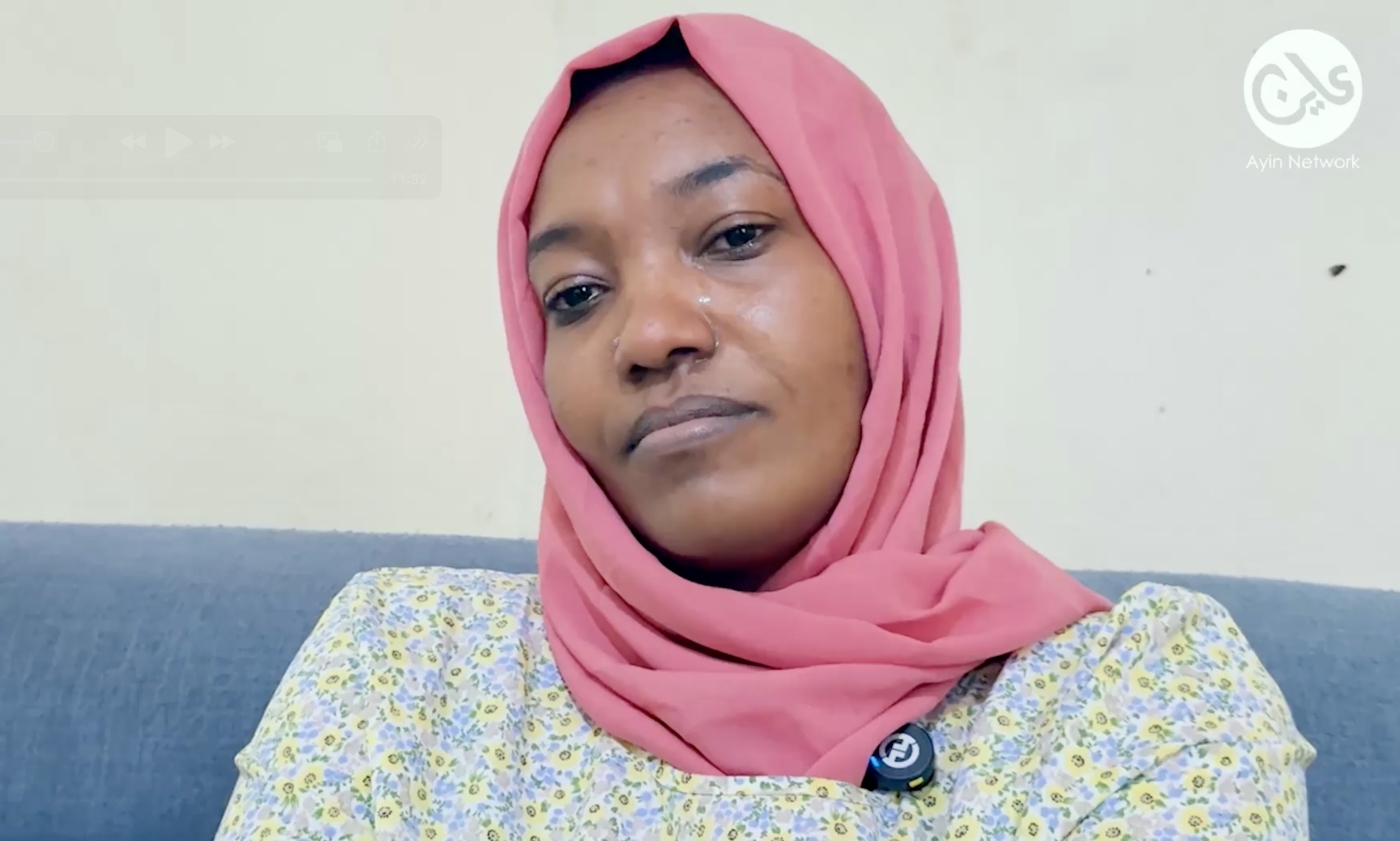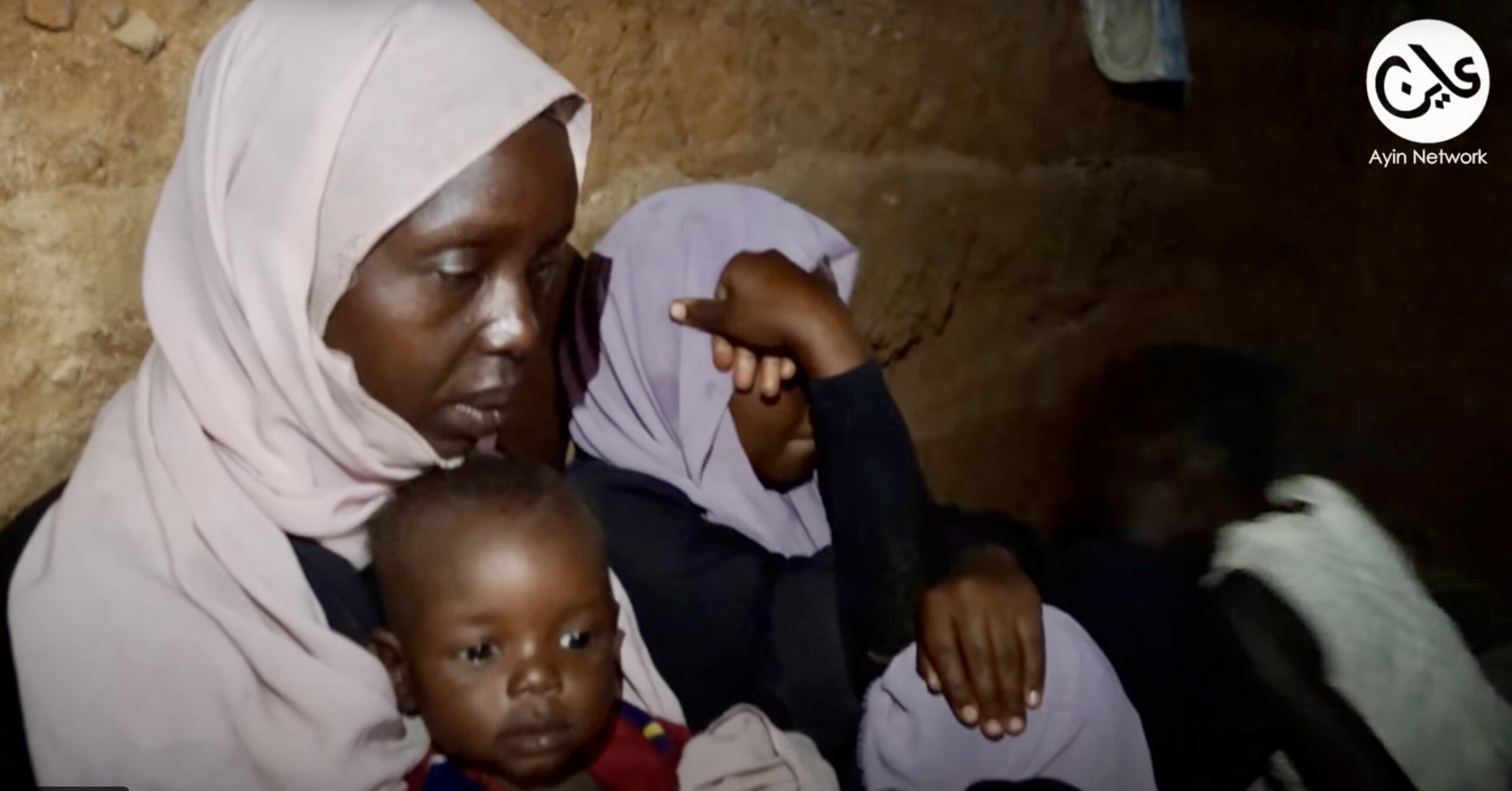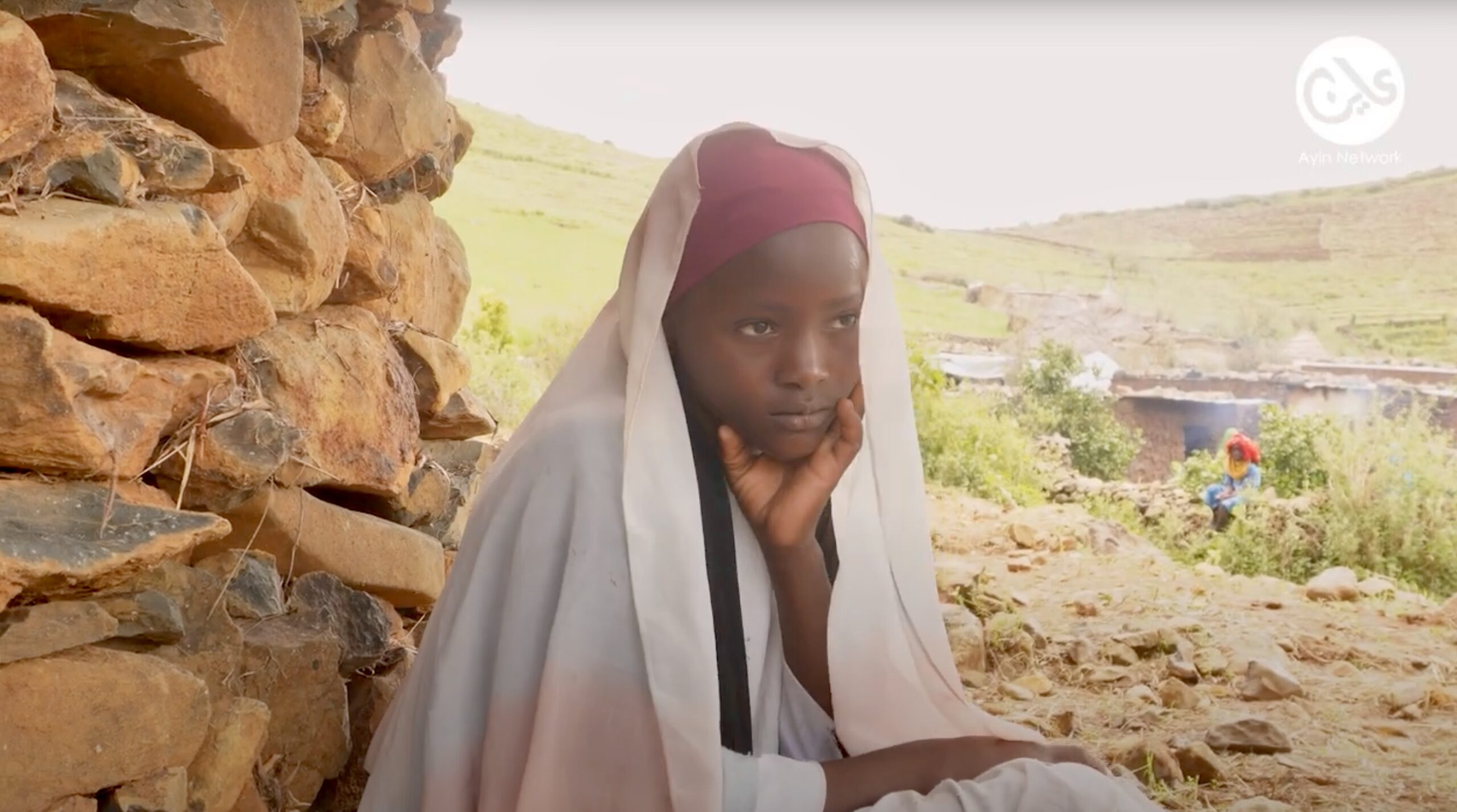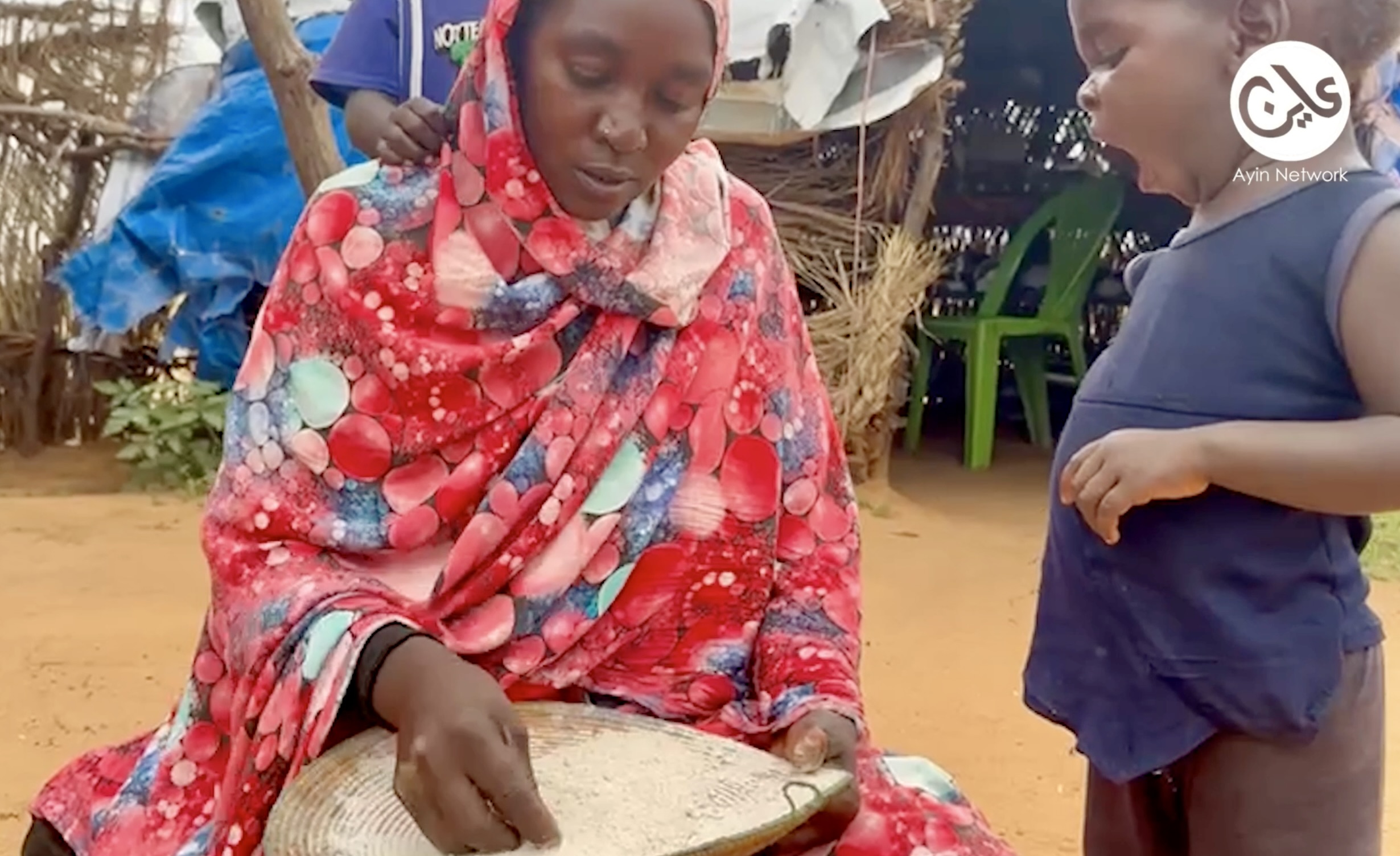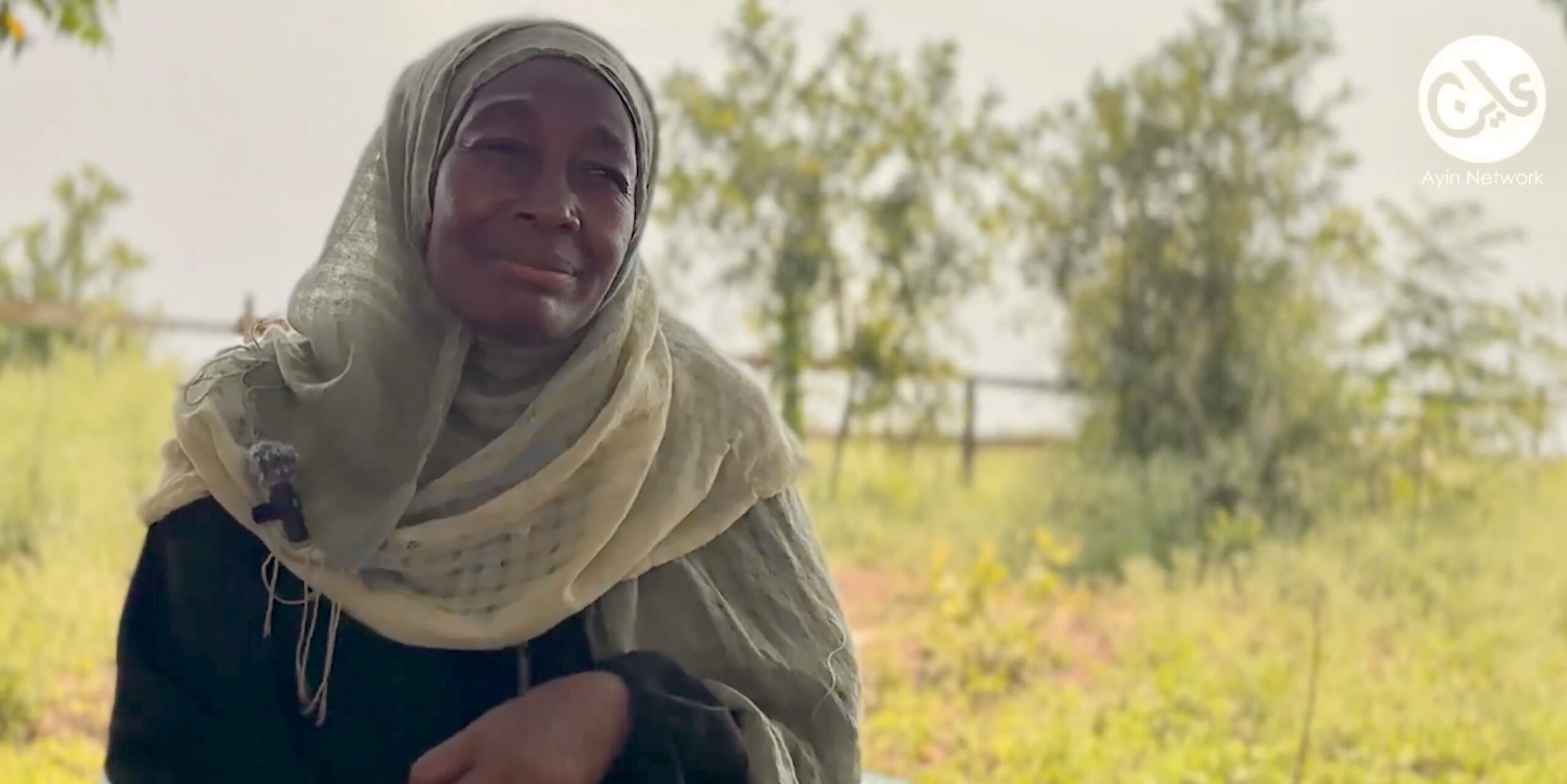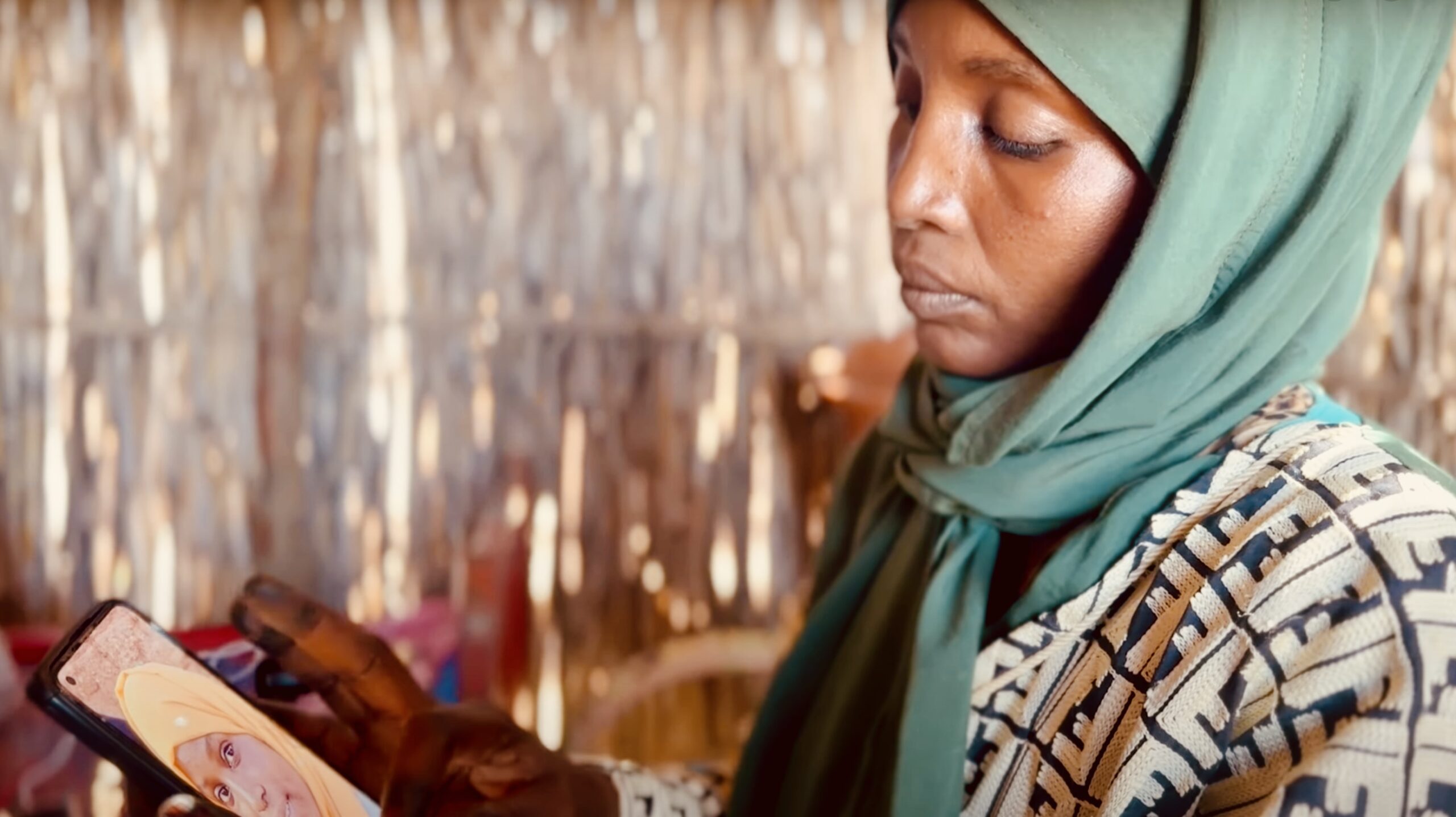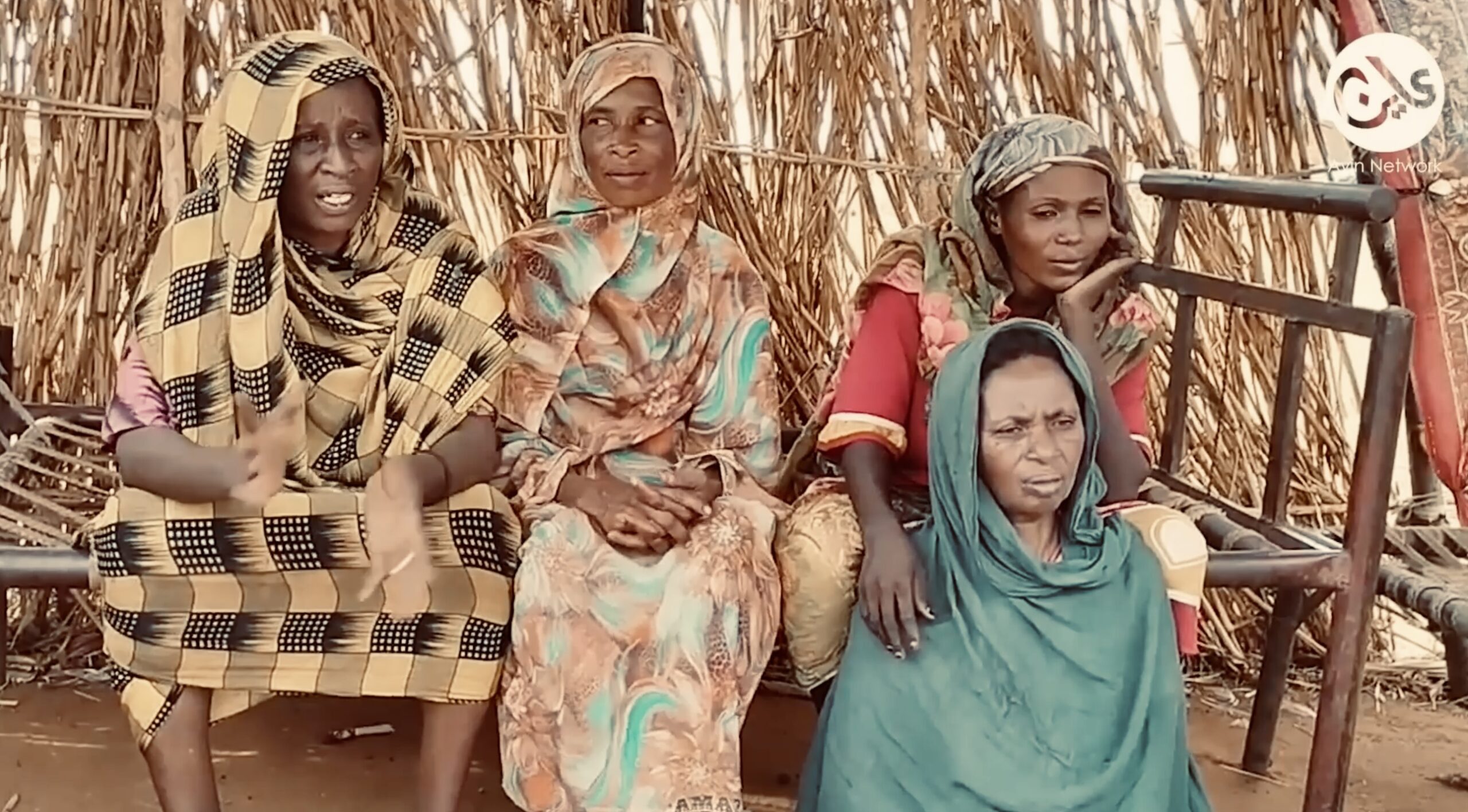More bombs, more legitimacy – How Burhan is playing diplomat while his forces target civilian areas
30 September 2023
Last Thursday, the head of Sudan’s army, Lt.-Gen. Abdel-Fattah al-Burhan, addressed the United Nations General Assembly in New York City, accusing the paramilitary Rapid Support Forces of instigating the ongoing conflict in Sudan and perpetrating war crimes. “Since 15 April, the Sudanese people have been facing a destructive war launched by the rebel Rapid Support Forces […] who have committed some of the most horrendous crimes against the Sudanese people.” The military leader, who has fought a war of dominance with the Rapid Support Forces (RSF) since mid-April, called on the international community to designate the RSF as a terrorist organization.
Based on countless local testimonies, satellite imagery, and other confirmed sources, the army leaders’ condemnation of the RSF’s ongoing human rights abuses rings true. For one, the RSF have embedded themselves in civilian residencies in the capital, Khartoum, and other parts of the country, effectively using civilians as human shields.
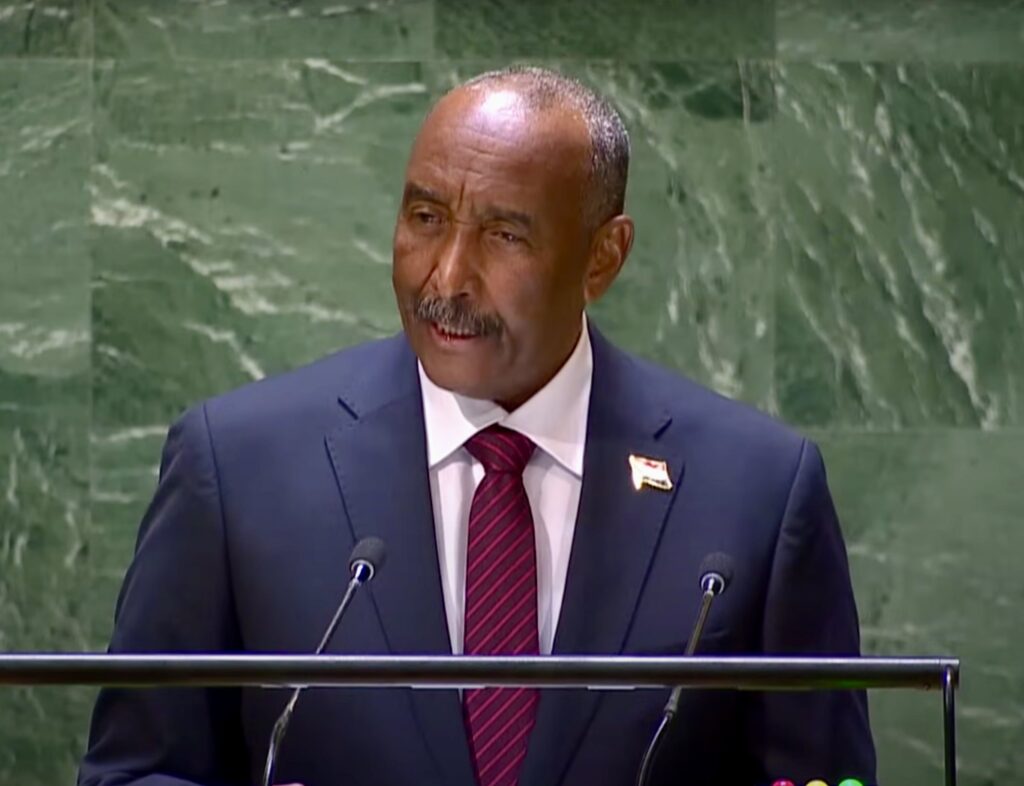
But the same day Burhan spoke at the United Nations, his forces bombed a residential area in Al-Zahri, in the southern part of the capital. In fact, ever since Burhan left the battlefield in Khartoum and went on a diplomatic tour to rally support for the army, this same army has launched an unprecedented bombing campaign on civilian targets. Supporters of the army claim these attacks are designed to uproot the RSF, but invariably it is Sudanese civilians who pay the ultimate price for these indiscriminate bombing campaigns.
“The fighting in Khartoum has significantly escalated [in September], including indiscriminate bombardment,” says Nathaniel Raymond, who is co-leading the Sudan Conflict Observatory –a state-sponsored research initiative that monitors the conflict in Sudan using satellite data. The Observatory has noticed a spike in civilian casualties, largely emanating from the Sudan Armed Forces [SAF].
On Wednesday, an explosion at Sports City occurred along the main Africa Street in the capital, Khartoum, killing seven civilians. While it is still unclear who the perpetrators were, the area is known to be controlled by the RSF and follows a pattern of indiscriminate bombing attacks conducted by the Sudan Armed Forces [SAF].
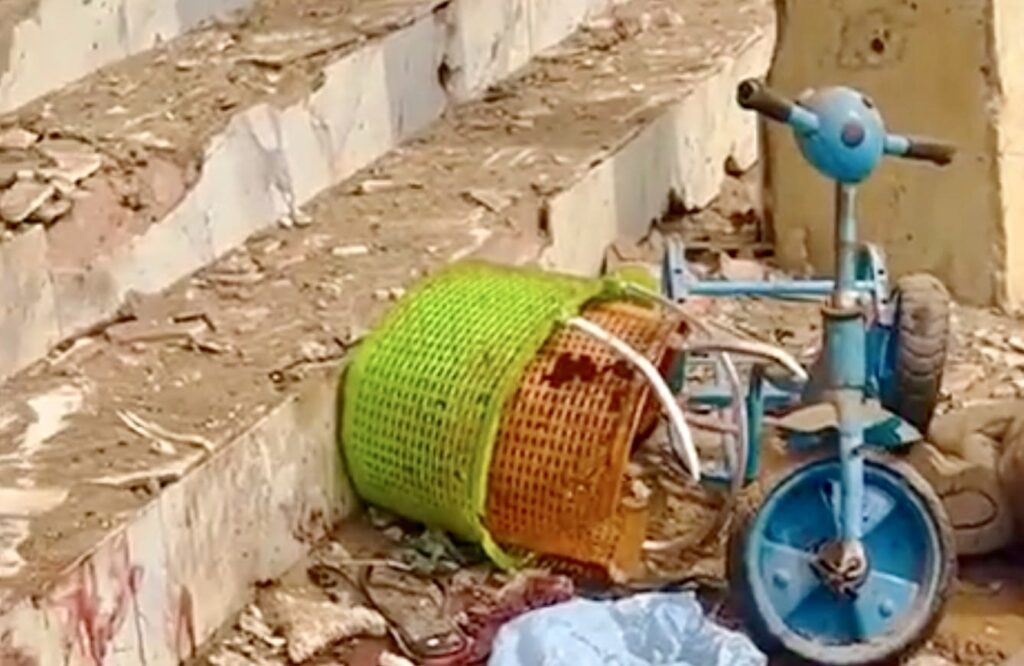
A month of bombs
The month of September fits a pattern of aerial attacks, including drone strikes, by the Sudan Armed Forces (SAF) on markets and tea places that are often frequented by the Rapid Support Forces. In the first two weeks of September, over 150 civilians were killed by indiscriminate air strikes.
Starting on 2 September, a SAF airstrike killed 20 people in a market in Al-Kalakla, Khartoum, according to members of the local emergency response committees -youth-driven volunteer groups who are assisting those affected by the conflict. Some of those recorded dead include at least one tea lady, two children, and an old man. A week later, a SAF airstrike hit a market in Al-Haj Youssif, Khartoum, and killed 13 people.
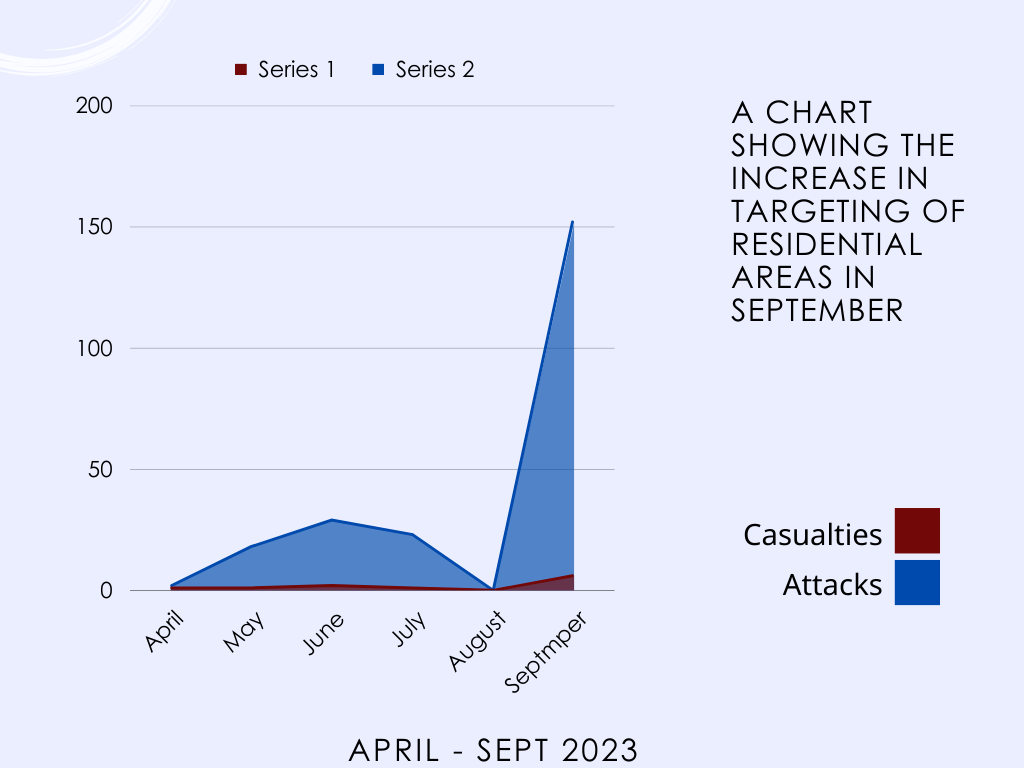
The next day, in possibly the worst airstrike against civilians since the war started, a likely SAF-led drone strike hit Goro Market in the Hai Mayo area of southern Khartoum, killing an estimated 47 people. The area, while controlled by the RSF, was crowded with civilians with no affiliation to the paramilitary group, according to sources from the South Belt District Emergency Response Room, a countrywide, voluntary civilian imitative that supports the war affected.
Mohseen Qurashi still remembers how his friend, Al-Amin Mohamed, died in front of him that morning. The two were sitting next to each other in a store in Goro market when the projectiles fell. “When the shell fell, dust covered the area and explosives were dispersed. Al-Amin was sitting on his chair, while I rested on the ground, and I was shouting at him to do the same. When I looked up, I found him on the ground, with an open wound in the stomach.” Qurashi tried to save Al-Amin but shrapnel in his arms and legs kept him pinned to the ground.
Qurashi also saw two women shopping in front of a store across the street when the bombs fell, their bodies were shredded and scattered across the area –he was only able to identify the women by the pieces of clothing they were wearing. “This same scene happened with some people sitting under an umbrella in the market and in a building under construction in the northern part [of the market]; they all died horrifically,” he added.
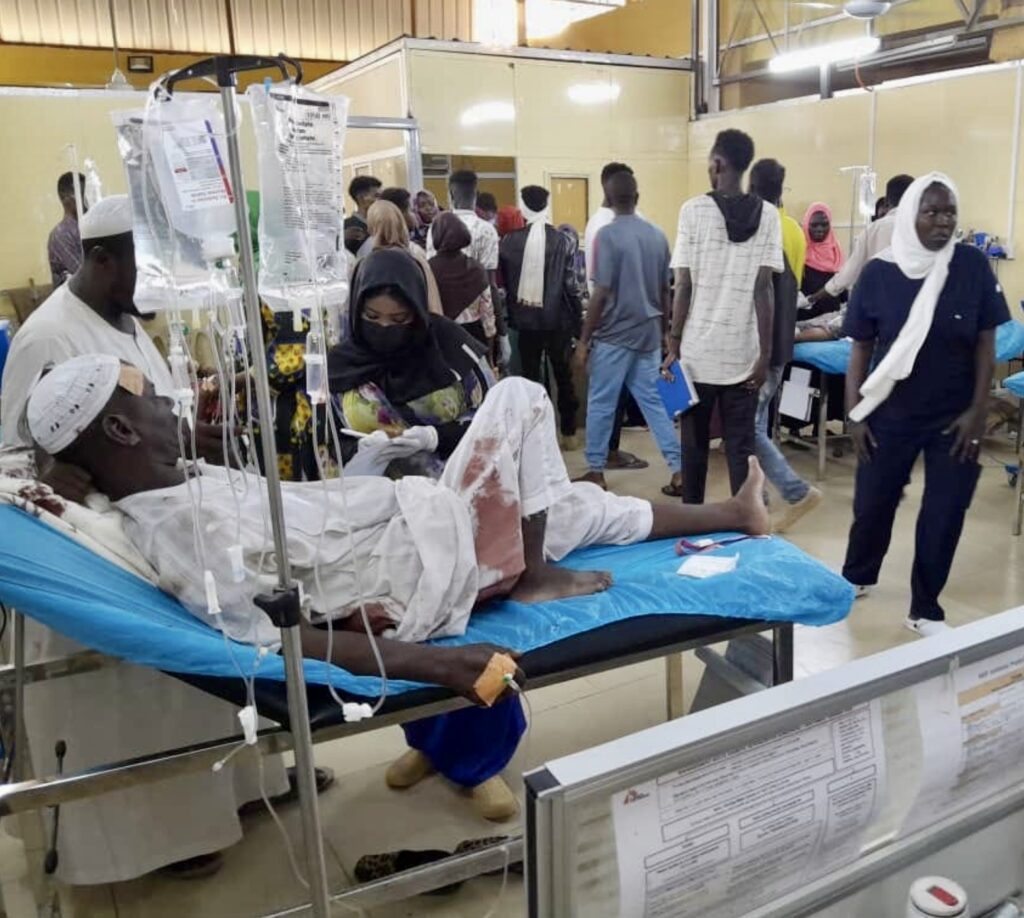
Two days later, on 12 September, a suspected SAF drone attack targeted a small market frequented by the RSF in the Hillat Koko area, east of the Nile. The airstrike on the market, known as “Sheep Market”, killed 30 people –including women and children.
The following day, an airstrike hit multiple sites in Sudan’s second-largest city, Nyala, in South Darfur, killing at least 40 people. Residents of the restive city witnessed Antonov bombers hover over the city before dropping barrel bombs on Al-Malija Market, north of the city, and explosive projectiles on Al-Saabi Market in the southern part, according to eyewitness testimonies. While destructive, the barrel bombs are criminally inaccurate, This is the second major attack on areas frequented by both RSF and civilians within Nyala in what locals believe is a counter-offensive to RSF attacks on the army’s 16th Division headquarters.
The city is gradually becoming lifeless, local sources said, as the fighting continues and people’s ability to survive diminishes. According to Nyala resident Saad Ahmed, the destruction of Al-Shaabi market has seriously affected civilians’ access to basic supplies. “Al-Shaabi market was one of the few markets in the outskirts of Nyala that managed to stay open since the war started –now it is closed,” Ahmed said.
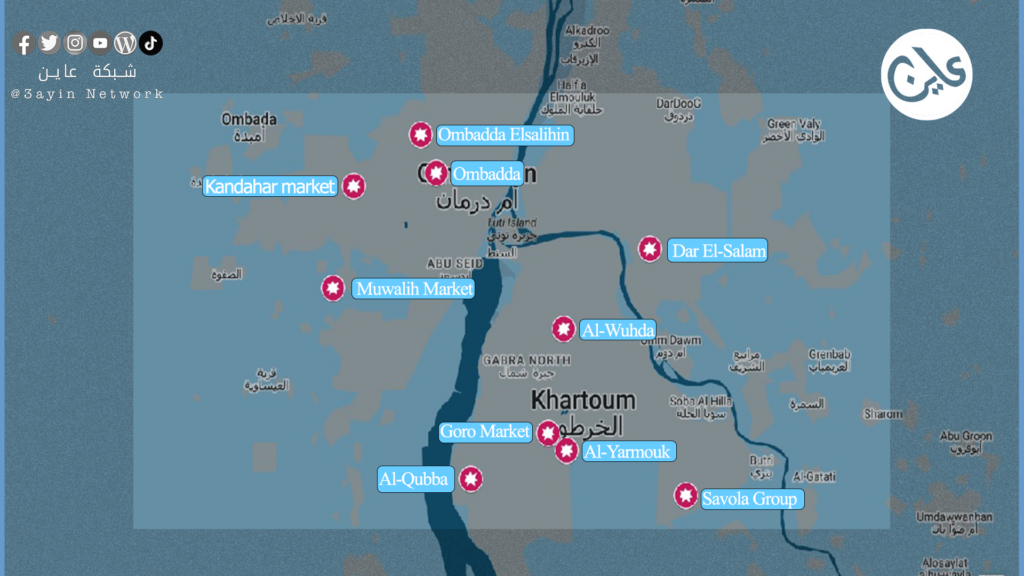
Denied
SAF Spokesperson Brigadier General Nabil Abdullah, however, denied the army’s culpability in these attacks. “This is an absolutely incorrect accusation,” Abdullah told Ayin, “it is being promoted by the rebel militia, the RSF.” This denial was echoed in an interview with the BBC by Abdulla’s boss. “There is a fabrication of some stories by the rebel Rapid Support Forces,” Burhan said in the interview, “They are bombing civilians and portraying the matter as if the armed forces were the ones who did it.” According to a military source who requested anonymity, the RSF use of heavy weapons such as mortar shells, anti-aircraft artillery, and drones has inflicted serious civilian casualties in the northern part of Khartoum’s sister city, Omdurman, and in the outskirts of Nyala near the army’s 16th Infantry Division base. On 25 September, RSF shelling in the al-Jarafa area of northern Omdurman killed nine civilians, reported the Sudan War Monitor.
While both sides released statements in September accusing the other of attacks on civilians, most of the aerial strike damage that the Conflict Observatory found appears to come from the Sudan Armed Forces. This, according to the military source, is largely in part due to the armaments used by the army. SAF has a long history of using barrel bombs in aerial attacks, for instance, crudely fitted bombs renowned for their destruction and lack of accuracy. In July, the army acquired the Turkish Bayraktar drones. Turkey is the region’s leading supplier of state-of-the-art drones a device deployed to devastating effect by Azerbaijan, Ethiopia, and Libya. In turn, the RSF has been using unmanned aerial vehicles (UAVs) likely sourced from Russia, according to Raymond from the Observer.
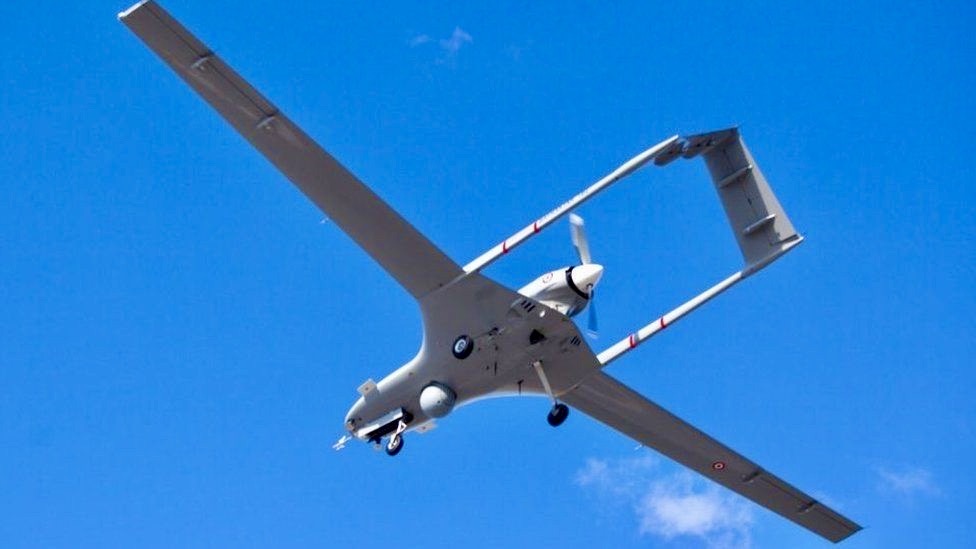
“Whether it’s Turkish drones or other aerial assaults that are promised in the halls of arms as being precise and proportionate, the end result is imprecision and disproportionate,” says Iain Overton in an interview with Wire Magazine, the executive director of Action on Armed Violence, an organisation that tracks armed violence against civilians globally. “These weapons are then sold to militaries and groups that often have very poor human rights records in the first place. And then they go and use them in some scenarios that almost invariably will cause civilian casualties.”
Whomever the perpetrator may be or what weaponry they use, indiscriminate attacks on residential areas breach global and local laws. “The indiscriminate shelling of residential areas is not only prohibited under international law and four Geneva Conventions but it is also considered a war crime under national laws,” says Sudanese lawyer Moaza Hadra. “Especially the criminal law, which explicitly criminalises the bombing of civilians.”
But as Burhan receives more recognition from international actors, including the opportunity to speak at the United Nations General Assembly, the SAF perceives this as a green light to continue their military actions with impunity, says human rights lawyer Moneim Adam. “Admitting Burhan to the United Nations General Assembly –this is the point where his troops believe the international community is on their side and that they can continue committing atrocities despite the fact these same atrocities could be considered war crimes.”




